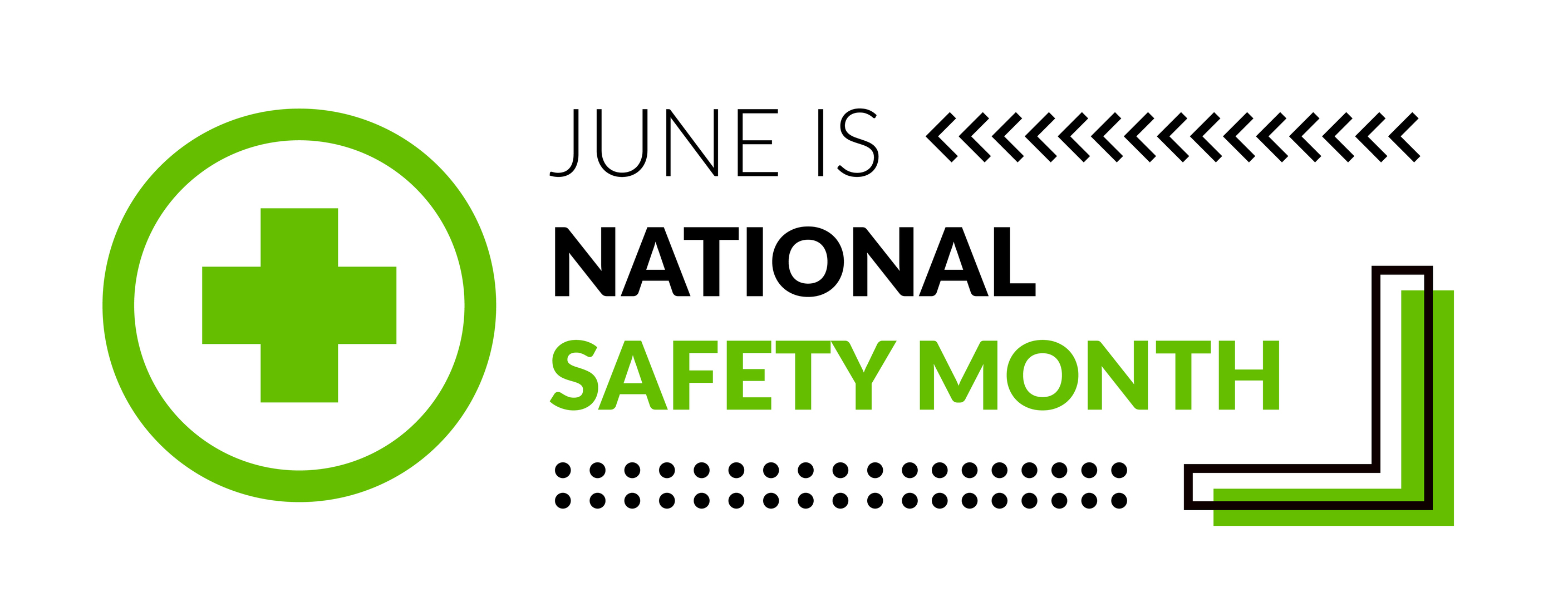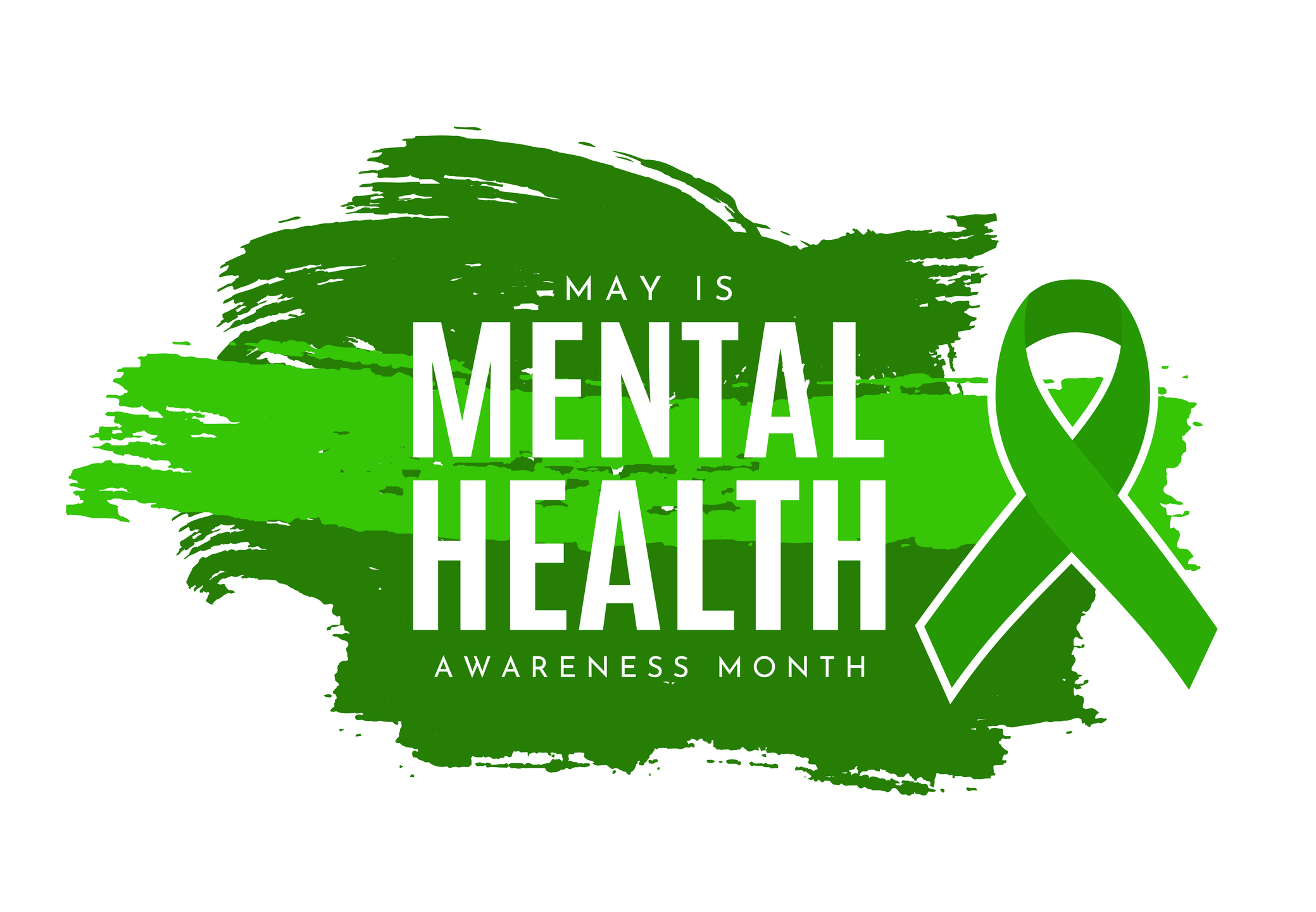We’re certainly in an unusual situation given the impact from the Canadian wildfires. Here’s some information you should consider if you have employees working outdoors.
- Check the air quality of the specific area (zip code). This site is one of the resources for doing so: https://www.airnow.gov/
- AirNow is a source for air quality data for your local area. AirNow produces an Air Quality Index (AQI). The AQI is a numeric and color-coded index designed to communicate whether air quality is healthy or unhealthy. You can use the index linked HERE to protect your health.
- Monitor the air quality throughout the shift.
- Take appropriate steps to safeguard your workers and pay particular attention to those with heart or lung disease, like asthma or chronic obstructive pulmonary disease (COPD). Keep in mind that older adults, children, and expectant mothers are more likely to be affected by smoke.
- Avoid activities that increase indoor pollution such as burning candles, smoking indoors, and using fireplaces.
- Keep indoors as clean as possible by using air conditioning and shutting doors and windows.
- Room air cleaners can help reduce particle levels indoors, provided they are the right size and type. The EPA states that we should not use an air cleaner that generates ozone because it puts more pollution in the air.
- If working outdoors, consider the following:
- Change clothing after working outside and put clothing directly in the wash. Particulates can infiltrate clothing and then be inhaled by the person or their family once indoors.
- The Environmental Protection Agency (EPA) says dust masks aren’t enough to avoid both large and small particles in smoke. The EPA suggest N95 or KN95 filtering facepiece masks, if you have them available, to help protect your lungs. Note however that occupational use—including voluntary use by employees—of filtering facepiece masks as defined by OSHA must comply with the relevant portions of OSHA’s Respiratory Protection standard.
References:
CBS News – Is it safe to work outside? What experts advise as Canadian wildfire smoke stifles East Coast
Environmental Protection Agency – Wildfires and Smoke








